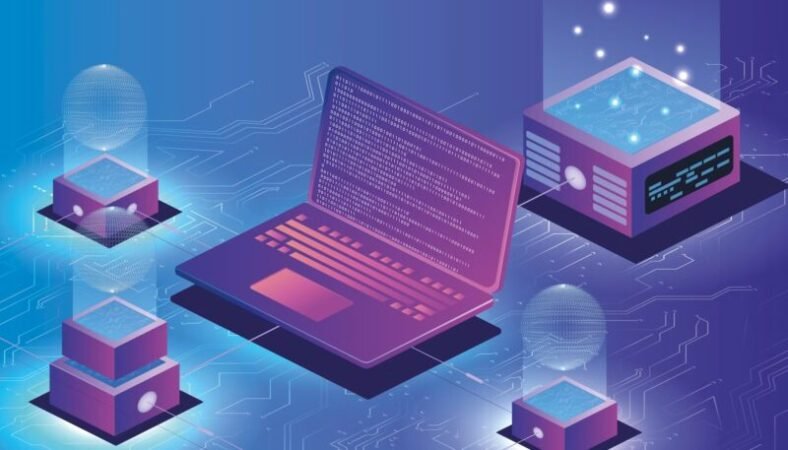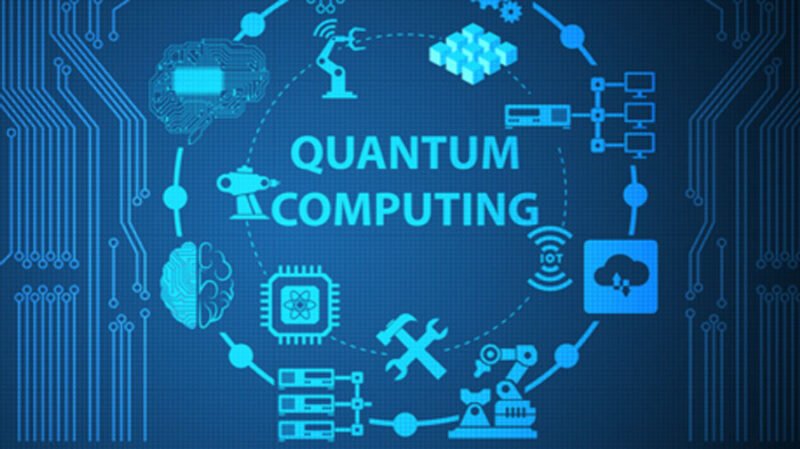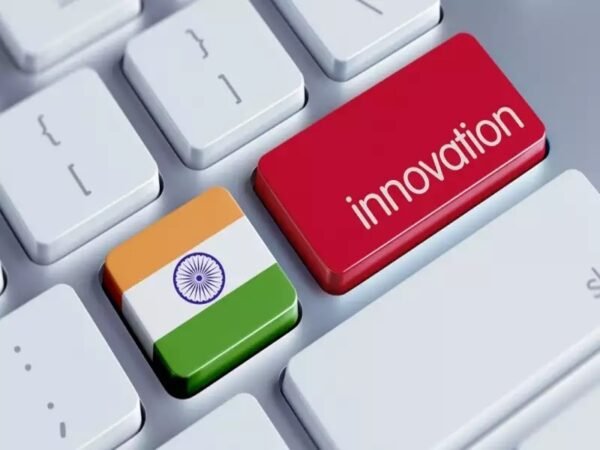Technology Transformation: India’s $734 Million National Quantum Mission First Step to Unlock the Future

The Indian government made an announcement on April 19, 2023, about the National Quantum Mission (NQM), a technology transformation project. The mission was approved by the Union Cabinet with a budget of Rs 6,003.65 crore (US$ 734.97 Million). The objective of the project is to establish India as a leading nation in quantum technology research and development. The project has a specific timeline of eight years, from 2023-24 to 2030-31, with defined milestones to be achieved.
Understanding Quantum: The Future of Computing
The study of the behaviour of matter and energy at the atomic and subatomic levels falls under the domain of quantum mechanics. According to this theory, particles possess both wave-like and particle-like properties, regardless of their size. In the quantum realm, atoms are significantly smaller than humans, with their wave properties being larger than their particle properties.
The discovery of computers and other computational devices, such as mobile phones and calculators, was based on binary digits – zeros and ones. All digits in the combination were either zero or one. But in quantum computing, it is the superposition of 0 and 1 that is used, representing crores of stages or states between 0 and 1.
Classical computers cannot identify numerical values such as 501 or 574, but in quantum computing, it is feasible to produce numerous outcomes between 0 and 1. This phenomenon, known as superposition, transpires between the zero state and the one state in the physical space, with the energy between each state represented through the superposition of the two states. In quantum computing, qubits – an abbreviation for quantum bits – replace the traditional bits. Qubits serve as the fundamental building blocks of quantum computers and function according to the principles of quantum mechanics. Unlike classical bits, qubits have the advantage of existing in multiple states at once, enabling quantum computers to execute computations significantly quicker than classical computers.

Present and Potential: India vs the World in Quantum Computing
Quantum computing is a new technology that is still in the stage of development. It has not yet reached the market, and no operational quantum computers are available worldwide. However, India is catching up with this transformative technology and is expected to develop it further in the next eight years to make it mature. The Department of Science & Technology (DST) initiated India’s quantum mission in 2018 by inviting proposals for projects concerning quantum computing. The QuEST program, which is part of the Interdisciplinary Cyber Physical Systems (ICPS) division, is a manifestation of this mission.
Quantum computing is a technology shift, and India has always been playing catch-up with such shifts in the past. However, this time, India has the advantage by being proactive, and this mission is technology vision mission, which is still yet to mature in the world. The technology is based on a particle’s probability and has diverse applications, including agriculture, water, health, environment, and defence intelligence.
One of the significant advantages of quantum computing is security. Defence intelligence relies heavily on cracking messages, and with quantum technology, it will be impossible for any hacker to crack messages. Digital transactions will also be more secure with quantum communication. Health will be the most significant beneficiary of this technology. Quantum sensors will detect the smallest bug in the brain, making it easier to detect minor brain strokes, heart attacks, or epilepsy. This technology will also help in agriculture and environmental management.
Indian institutes are working on this technology, and this transformative technology shift will be a game-changer for India. Only seven countries (including India) are working on this technology so far.

National Quantum Mission: A Bold Plan for Technology Hubs and Collaboration
The government has established four key thematic hubs (T-Hubs) under NQM focused on computing, communication, sensing, and materials. The idea behind these hubs is to promote collaboration and teamwork among scientists and researchers from various institutions, rather than working in silos. Nearly 80 scientists from 40 institutions across the country are working in these areas. By collaborating in consortia, these scientists will work on developing technology and prototypes simultaneously, rather than waiting for commercialization in the future.
NQM has allocated a total of INR 6,003 crore for technology development, human resource development, international collaboration, and other work related to quantum technologies. Each of the four technology hubs will be given approximately INR 800 to 900 crore (US$ 98.66 million – US$ 110.79 million) to utilise for technology development and infrastructure development. The maximum amount of money will be spent on technology development, while the remaining funds will be used for purchasing equipment and undertaking other work related to quantum technologies.
To ensure coordination among the different hubs and to create a market for quantum technologies, NQM has created a mission coordination cell that will work with the mission secretariat or DST. The mission governing board, shared by eminent scientists or industrialists, will oversee the entire mission. The Principal Scientific Advisor (PSA) to the Government of India will chair the monitoring committee.
NQM is expected to be implemented in three stages: the first three years, three to five years, and five to eight years. The initial three years will focus on technology development, while the second stage will involve mid-stage development and technology maturity. The end goal of NQM is to create a thousand-qubit computer and two-way communication between a ground station and a satellite at a distance of two thousand kilometres. The mission aims to promote India’s leadership in quantum technologies and create a vibrant ecosystem for quantum computing, communication, sensing, and materials.
NQM is a bold initiative that aims to promote India’s leadership in quantum technologies. By developing technology hubs and promoting collaboration among scientists and institutions, India hopes to achieve a thousand-qubit computer and two-way communication between a ground station and a satellite in the next eight years. With significant funding and infrastructure development, India’s National Quantum Mission is expected to drive innovation and promote international collaboration in the field of quantum technologies.


















